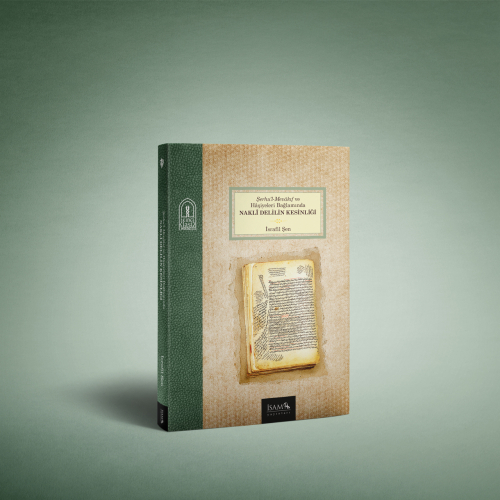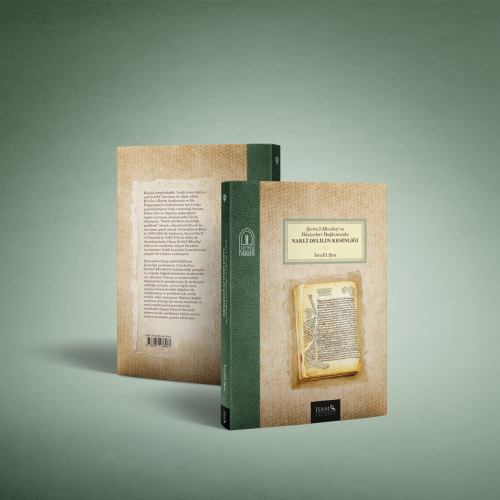Şerhu'l-Mevâkıf ve Hâşiyeleri Bağlamında Naklî Delilin Kesinliği
In classical Islamic terminology, the question of whether naqlī (also referred to as lafẓī or samʿī) proofs—namely, the verses of the Qurʾān and the ḥadīths of the Prophet—provide certain (i.e., indubitable or definitive) knowledge (yaqīn/qaṭʿiyyah) constitutes one of the distinctive areas of debate within the Islamic scholarly and intellectual tradition. This debate, which may be described as the “problem of the certainty of naqlī proofs,” began broadly with Fakhr al-Dīn al-Rāzī (d. 606/1210) and was further developed by Sayyid Sharīf al-Jurjānī (d. 816/1413). The literature that emerged around his work Sharḥ al-Mawāqif added new dimensions to the discussion and formed a rich conceptual framework.
The present book addresses the problem of the certainty of naqlī proofs by focusing on the views and evaluations adopted by al-Jurjānī in Sharḥ al-Mawāqif. The study also compares the views of earlier and later thinkers, and gives particular attention to the glosses (ḥawāshī) written on the work, thereby offering a multifaceted analysis of the problem. In doing so, it seeks to bring to light all aspects of this issue through the lens of a classical madrasa text, along with its potential sources and the primary literature that formed around it.

